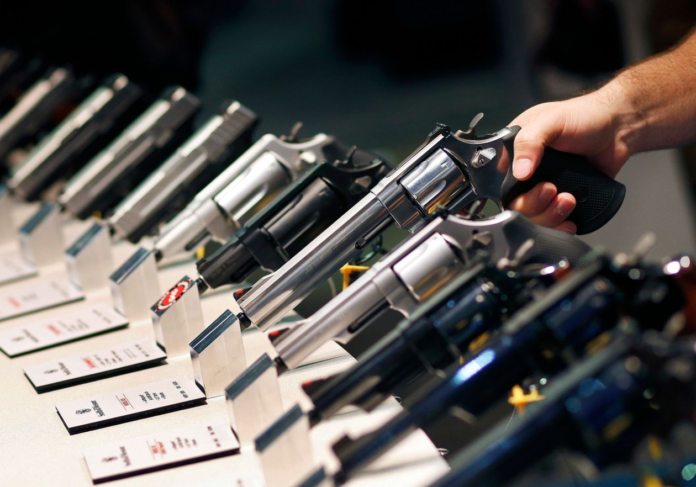Mexico is taking on the giants of the U.S. gun-making industry, seeking $10 billion in damages for their role in fueling violence across the border. The lawsuit targets some of the biggest names in firearms, including Smith & Wesson, Colt, Glock, Beretta, and Ruger. What sets this case apart is a recent federal appeals court decision in Boston, which ruled that the gun industry’s immunity shield—historically a fortress against civil liability—doesn’t shield them from Mexico’s claims.
This legal battle is not just about recompense; it’s about accountability and potentially reshaping an industry that, according to Mexico, has its hands deep in illegal gun trafficking. The lawsuit accuses these manufacturers of designing weapons that cater to criminal organizations in Mexico, citing features that make guns more lethal and traceable, and marketing strategies that glorify a military-grade experience for civilians.
But beyond the allegations of design and marketing malpractices lies a more profound accusation: that these companies are fully aware of—and profit from—their role in the illegal arms trade feeding Mexico’s criminal underworld. Mexico is not just pointing fingers; it’s alleging a systemic and deliberate effort by U.S. gun-makers to maintain a lucrative illegal market for their weapons across the border.
The gun-makers, unsurprisingly, are pushing back hard. They argue that Mexico’s attempt to pin the blame for criminal misuse of firearms on manufacturers is exactly what the federal immunity law intended to prevent. They maintain that their operations do not violate federal laws in a way that would strip them of their immunity, insisting that they cannot be held responsible for crimes committed outside the U.S. with their products.
However, the January 2024 ruling by the federal appeals court in Massachusetts has cracked open a door that many thought was firmly shut, sending the case back to trial court and tasking Mexico with proving its sweeping allegations. This means Mexico must now demonstrate that the gun industry’s practices directly contribute to the violence ravaging its streets—a legal hurdle known as “proximate cause.”
The implications of Mexico’s lawsuit are monumental. Should Mexico prevail, the demanded $10 billion in damages could potentially bankrupt some of America’s largest gun manufacturers. But even a settlement far smaller could force the industry to overhaul its operations significantly. This lawsuit could be the harbinger of a wave of future legal challenges that, much like the opioid litigation before it, could compel the gun industry to confront its role in a transnational crisis.
Mexico’s legal challenge against U.S. gun-makers is more than a fight for damages; it’s a struggle for justice and a safer future. As this case progresses, it could very well mark a turning point in how the firearms industry operates, shining a harsh light on the dark corners of gun trafficking and the toll it takes on human lives.



